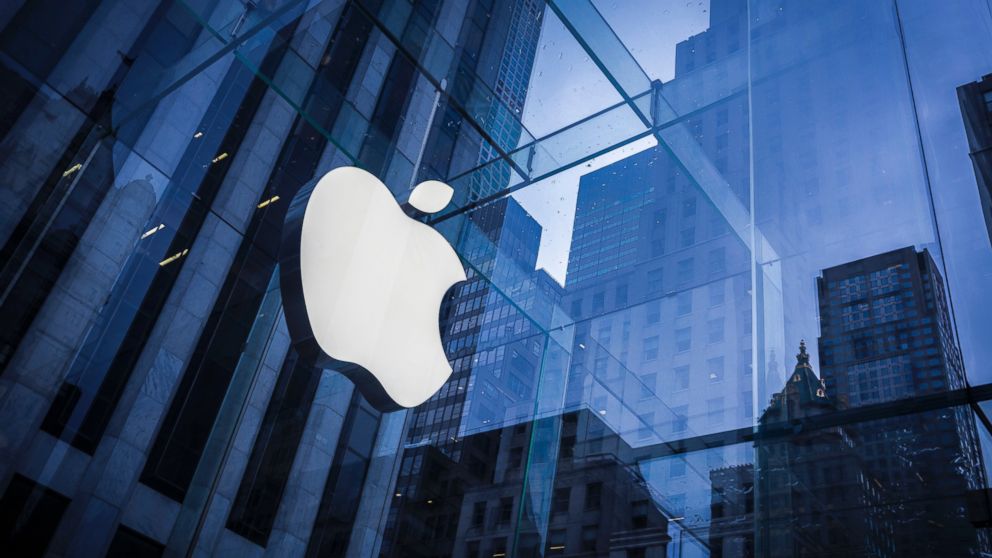Tech stocks on track for another record year in 2018
Amazon, Apple, Netflix and Facebook have led the gains.

— -- After driving the overall domestic market to dozens of new highs this year, the tech sector is poised for another stellar year in 2018.
Led by Amazon, Apple, Alphabet (Google), Netflix and Facebook, tech will probably remain the energizer bunny of market sectors.
The sector’s performance runs much broader and deeper than these household names. For example, in the third quarter, 90 percent of tech companies reported better-than-expected earnings and 84 percent beat revenue estimates.
Another lucrative year seems in store for tech, the largest sector by value, based on these factors:
• The sustainability of the nearly nine-year bull market. Sure, that’s a long time for the bull to run, but the drivers of low inflation and low interest rates persist. The Fed is still projecting that market interest rates will stay low next year, fueling economic growth.
• Projections of sustained high earnings relative to prices. Compared with non-tech S&P 500 companies, tech companies have relatively low forward price/earnings (P/E) ratios, meaning that you don’t have to pay a lot now for good earnings down the road. The tendency this year for tech earnings to exceed expectations will doubtless engender market confidence next year, spurring investment.
• Positive signs from semi-conductor (microchip) companies. This subsector, among those with low forward P/E ratios, has historically been a bellwether, weakening before a general decline. Chip-company performance is currently strong, and this bodes well for the entire sector.
• Strong revenue growth. Tech companies posted Q3 revenue growth of more than 10 percent compared with 5.3 percent for the S&P 500.
• Prospects for a boost from pending Congressional legislation. Like the rest of the market, tech companies welcome the proposed reduction of the corporate tax rate and more favorable rules for expensing equipment purchases. And some tech companies, especially behemoths like Apple and Google, stand to benefit disproportionately from proposed changes in the tax treatment of repatriated cash now held overseas.
Some investors, including veterans of the tech debacle of the late 1990s, are concerned that the tech sector is overvalued. Yet there is abundant evidence to the contrary, including:
• High sales figures posted by tech sub-sectors relative to the S&P 500. Information technology, for example, is excelling in price-to-sales, meaning that investors don’t have to pay a lot for high sales. So current values are by no means a stretch.
• Earnings that bear no resemblance to the 1990s tech market. In Q3, tech had about 21 percent of the S&P 500’s earnings and about 25 percent of its total value, compared with about 13 percent and 29 percent, respectively, in December of 1999, just before the sector crashed.
• Performance of the FAANG stocks (Facebook, Amazon, Apple, Netflix and Google). Over the last five years, FAANG companies have performed even better than now-old-line tech companies that actually made a lot of money in the '90s, including Microsoft, Cisco, Intel and Oracle. Despite this, some Chicken Littles persist in false comparisons of FAANG with '90s disappointments.
With this kind of performance and projections, there are only two things that could derail tech.
The first is significant decline in the overall market. The bull’s legs are strong from low interest rates and improving global economies. So short of a correction (a natural decline of 10 percent), from which this market would probably rebound immediately, the market’s positives make a decline next year seem unlikely.
The other thing would be if the government decides to break up sector-dominant companies, including Facebook and Amazon. Bu this seems a highly unlikely move for the Trump administration.
Dave Sheaff Gilreath is a founding principal of Sheaff Brock Investment Advisors LLC. He has more than 30 years of experience in the financial services industry. Neither Gilreath nor members of his family own shares of the companies mentioned above.
Any opinions expressed in this column are solely those of the author.




